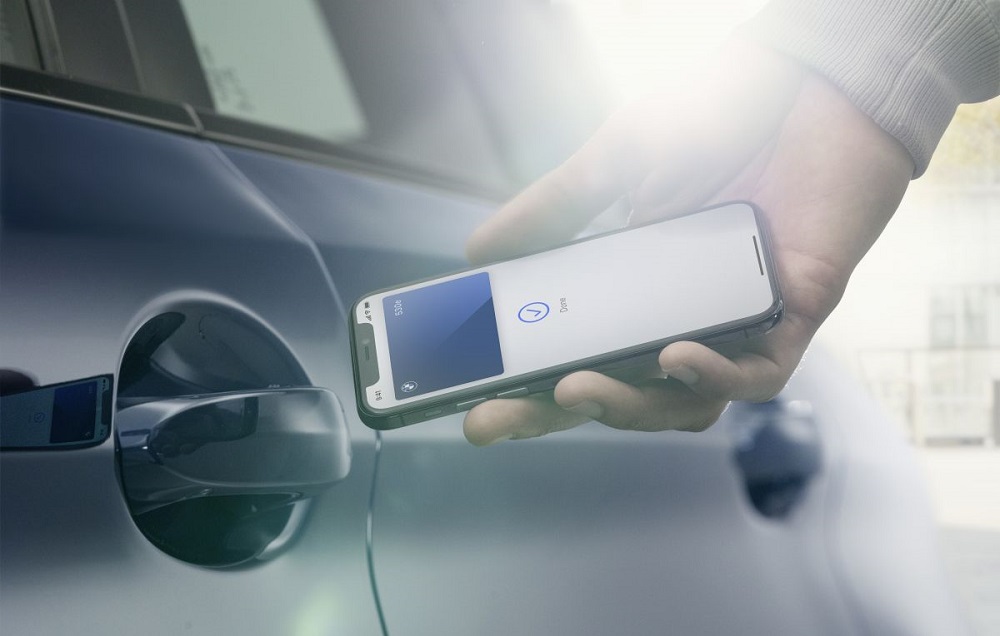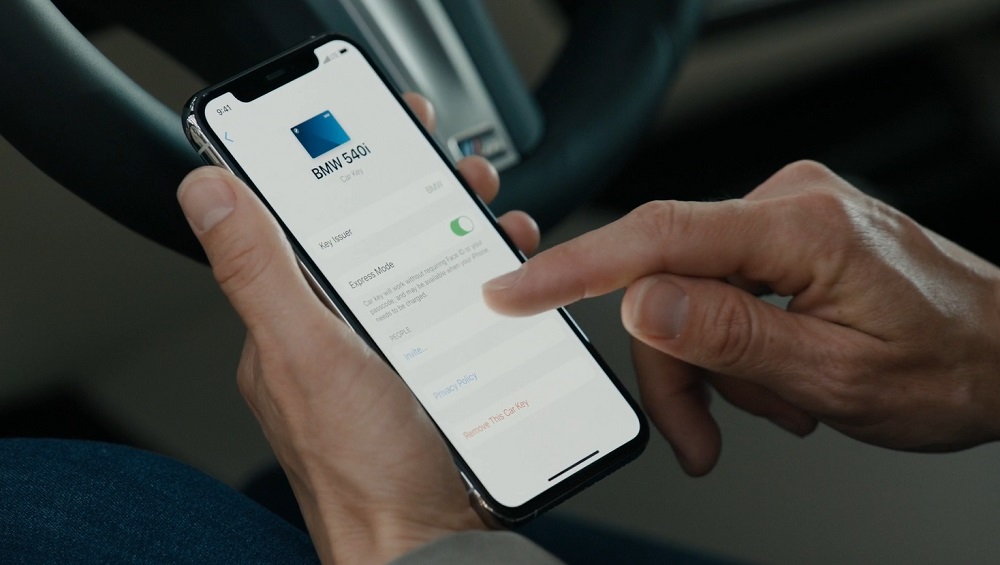At the 2021 Google I/O developer event, Google finally announced the introduction of brand new software that will make the lives of millions of car owners more convenient. The software will all but replace your rusty old car keys for a smoother, more streamlined experience.
Find out what you can expect from the BMW/Google partnership, and learn what possibilities you can unlock with a digital car key.
Google and Apple have been teasing digital car keys
Over
the past few months, both Google and Apple have been teasing the
release of digital car keys. Google first announced digital car key
support in 2020 via UWB (ultra-wideband) and NFC tech (depending on the
car model), and Apple mirrored the announcement shortly after that.
However, Hyundai beat them to the punch.
Back in 2019, the company released the Hyundai Digital Key in the Play
Store, compatible only with the 2020 Sonata sedan at the moment.
Of course, Tesla’s Model 3 relied on the Tesla App phone key even way before Hyundai.
Still,
iPhone’s iOS 13.4 update followed soon behind with the release of the
CarKey earlier this year, available through the Wallet app and the Apple
Watch.
Google is the last to finish the race, but its Pixel 6
smartphone is still stirring up quite a commotion. Its October 19 launch
is expected to mark the official release of Android 12’s digital car
key.
The release of Android 12 brings excitement
Since the initial announcement of digital car key support in May, Google’s made no mention of the new technology. Even Android 12 beta releases skipped over digital keys altogether. Still, XDA developers have caught wind of the potential capabilities of the new software.
Update to the Google Play Services shows several strings that indicate the introduction of the digital car key feature. So far, it seems that Androids will use NFC to lock/unlock cars, although Google has announced the use of UWB tech as well.
Initially, the feature will be available only on some Pixel and Samsung Galaxy smartphones, and it’s expected that there will be additional region restrictions, as well - at least in the first few months after the release.
BMW as the only official Google and Apple partner
Although Tesla and Hyundai have been dabbling with digital car key technology for a while now, BMW is at the moment the only car manufacturer to implement digital car key support.
Only a select few BMW models will be compatible with Apple’s digital car keys, including the 1-Series, 2-Series, 3-Series, 4-Series, 5-Series, 6-Series, 7-Series, 8-Series, X5, X5 M, X6, X6 M, X7, Z4 and iX.
However, keep in mind that digital key support will be available only for models manufactured after July 1st, 2020. As far as Google’s car keys are concerned, there’s no information as of yet on which BMW models will support the technology.
Using digital car keys
How
BMW’s digital car keys will function will depend on the technology
used. NFC requires users to touch their phones to the car’s door handle
to lock/unlock doors and start the ignition. However, UWB offers greater
convenience.
Apple introduced the U1 chip to the iPhone, which
supports UWB and provides short-range digital radio transmission with
precise localization, and it’s expected that Android will do the same.
UWB
has a range of up to 100 ft, allowing users to lock or unlock their
cars, start the ignition, and even turn on the AC remotely.
The safety of digital car keys
Although there’s no denying the convenience that will come with BMW’s digital car keys, many users remain concerned about the potential security problems of this new tech. However, according to Car Keys Pro, a car locksmith in Chicago, security should be no issue.
UWB’s extreme precision prevents relay attacks where the signal gets intercepted or jammed by outside parties. Moreover, on Android, all digital car keys will be securely stored in the Google Play app. With the addition of a unique password for the digital key and the smartphone’s own biometric security, your digital car keys should be completely safe.
Final thoughts
BMW’s partnership with Apple and Google paves the way for the future. We should see more car manufacturers adopt these technologies and unlock new possibilities in the coming months.






















